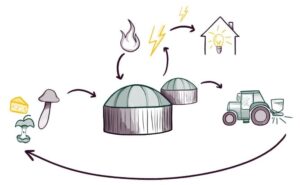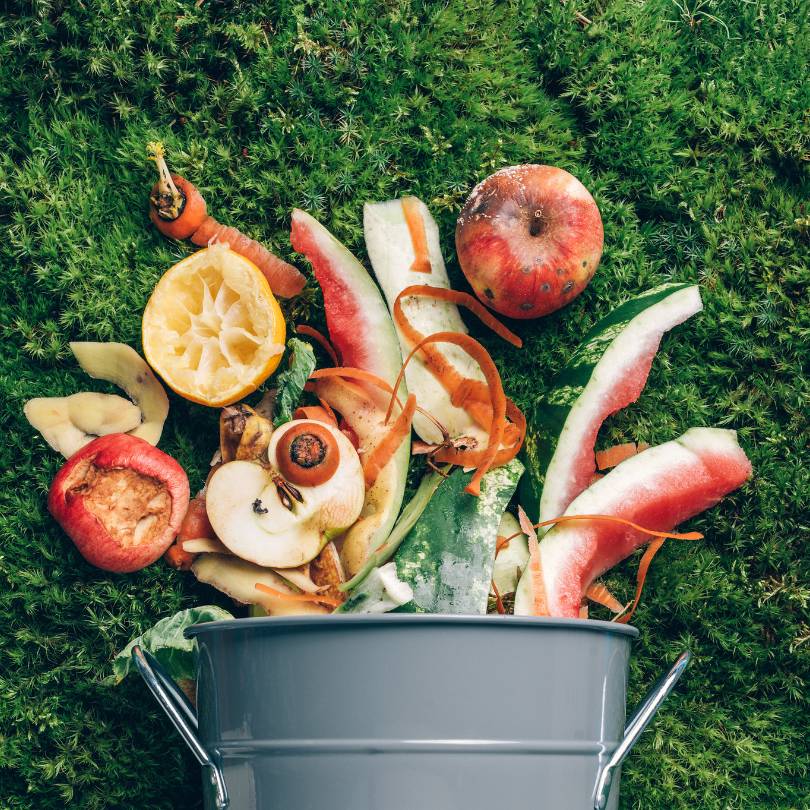In the UK, food waste recycling has become increasingly important, with local authorities providing food waste bins for households. But what exactly belongs in your food waste bin?
Fruit and Vegetable Scraps
Peels, cores, and leftovers from fruits and vegetables like apples, potatoes, carrots, and cucumbers can all be placed in your food waste bin.
Plate Scraps
Any leftover food on your plate, including meat and fish, can go into the food waste bin. Avoid putting in any bones, as these will take longer to break down.
Bread and Bakery Items
Stale bread, pastries, and cakes are suitable for your food waste bin. This is a great way to reduce the amount of bread waste sent to landfill.
Dairy Products
Small amounts of spoiled milk, yoghurt, and cheese are acceptable in your food waste bin. Rinse the containers before recycling them.
Coffee Grounds and Tea Bags
Used coffee grounds and tea bags can be safely disposed of in your food waste bin, provided they do not contain any plastic or synthetic components. Coffee grounds can also be used on your plants to improve nutrient content and are a great source of organic matter.
Eggshells
Crushed eggshells are often recommended for your food waste bin, but they are also great for using in the garden as a natural slug and snail repellent.
Cooking Oil and Grease
After allowing them to cool and solidify, you can scrape cooking oil and grease into your food waste bin, rather than pouring them down the drain or into your black bin waste.
Meat and Fish Scraps
Small meat and fish scraps can go in your food waste bin, as long as they’re not overly fatty or contain bones.
What Doesn’t Go In Your Food Waste Bin
- Plastic: It’s essential to avoid plastic or non-organic items such as cutlery, packaging, and pet waste.
- Non-Food Items: Never place non-food items like glass, metal, or chemicals in your food waste bin.
- Large Bones: Large bones, like those from meat or poultry, can take a long time to break down.
Ideally we’d like to receive food waste ‘naked’ without any packaging but we understand that this can be discouraging. A good alternative to line the food caddy is newspaper. Our Anaerobic Digestion facility will accept food waste in compostable bags as the machinery can remove the plastic packaging but it’s important to note that this waste still requires proper disposal. While every effort is made to remove all plastic fragments, small pieces may occasionally pass through into the final bio-fertiliser and our soils.
Properly using your food waste bin in the UK is an environmentally responsible practice that reduces the amount of waste sent to landfills. By understanding what can and cannot be placed in your food waste bin, you can contribute to a more sustainable and eco-friendly waste management system.
If you’re interested in learning more about our food waste recycling process, visit our Anaerobic Digestion page by clicking here.

